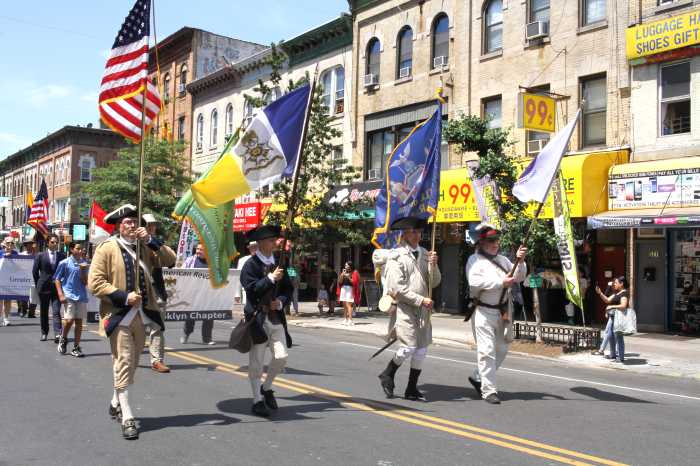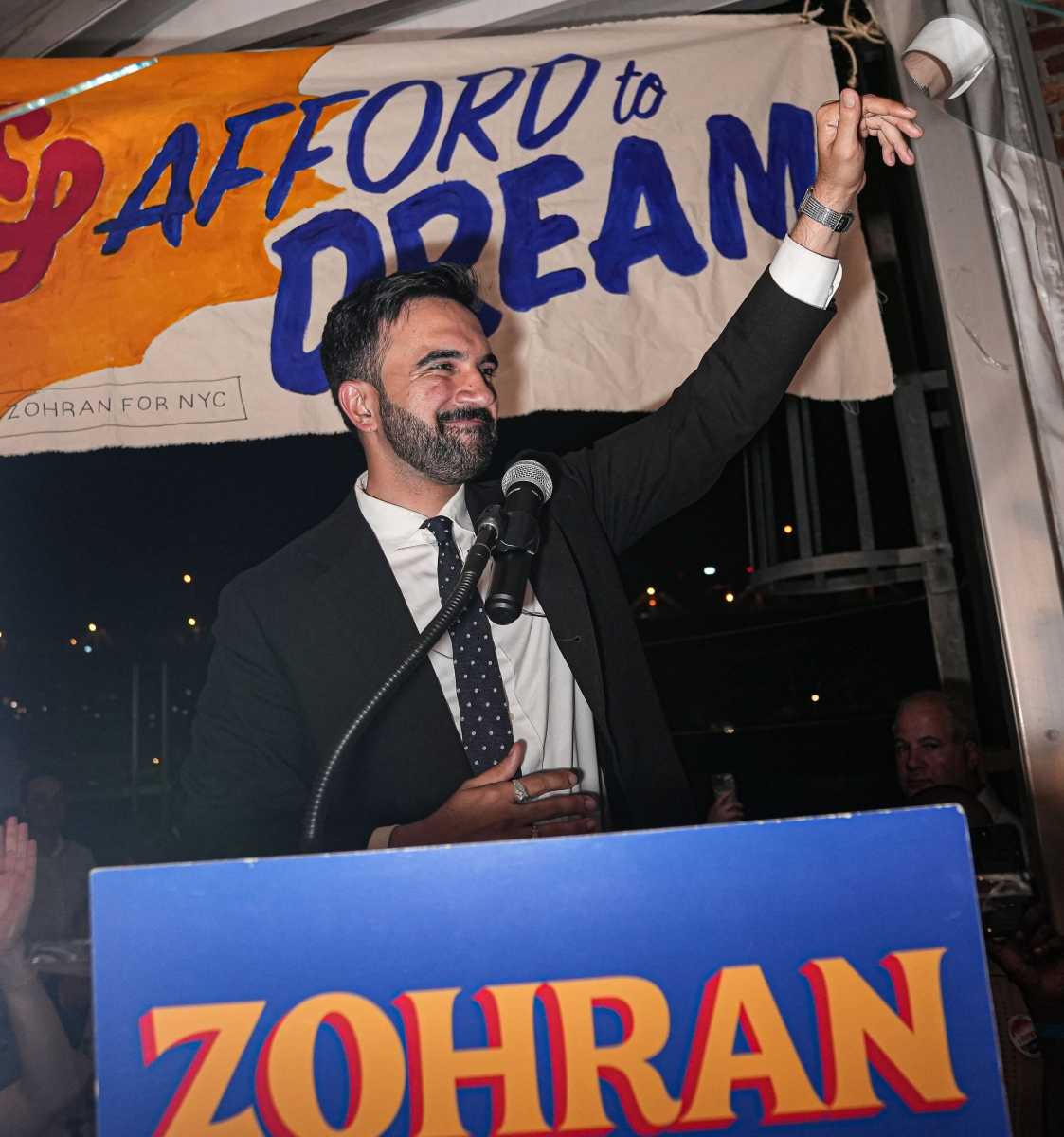As the Metropolitan Transportation Authority (MTA) mulls over sweeping cuts to borough trains and buses, Brooklyn city legislators are leading the charge to bring back the state commuter tax.
Sheepshead Bay City Councilmember Michael Nelson filed a resolution at City Hall recently encouraging Governor David Paterson to re-instate the commuter tax.
The push has the backing of several of Nelson’s borough colleagues, including City Councilmembers Bill de Blasio of Park Slope, Lew Fidler of Mill Basin and Bergen Beach, Vincent Gentile of Bay Ridge and Simcha Felder of Borough Park.
The commuter tax, which is levied on non-city residents who commute back and forth to the five boroughs for work each day, was instituted in 1966. After a great deal of political wrangling, it was repealed in 1999.
Nelson said that if the tax were reinstated, the city could generate an estimated $500 million annually — much-needed funds at a time when the city is thinking of canceling an NYPD academy class and cutting back on funding to schools and senior centers.
The tax could also help subsidize some of the drastic cuts that the MTA is proposing.
The MTA’s proposed changes could mean the end to the Z train in Williamsburg and the M train that runs from downtown Brooklyn to Bay Ridge. Bus routes facing the bean counters’ axe include the B37, which runs from Bay Ridge to downtown Brooklyn, the B39, which transports residents from Williamsburg to the Lower East Side, and the B75, which runs from Windsor Terrace through Carroll Gardens.
“While the proposed reinstatement of the commuter tax will cost a commuter, each day, less than a subway ride, the revenue generated from it will provide substantial economic relief to New York City at this most challenging time and will help to compensate the city for the cost of the many benefits provided to commuters,” Nelson said in a statement.
Fidler said that there was an “essential fairness in the commuter tax.”
“Like the hotel tax, which ensures that tourists pay for the services that they use when they are in our city, a commuter tax does the same for people who work here,” Fidler said.
“I think [the MTA cuts] is an unacceptable sea change,” said de Blasio. “They talk about minor changes, then they start cutting entire bus lines and the Z train. This really hits Brooklyn hard. In tough economic times, people cannot make ends meet without it. That’s why we’re all looking to reinstate the commuter tax.”
“It’s a fair new revenue,” de Blasio said. “While there was a lot of support for its repeal, we’re about to have a Democratic State Senate that’s heavy on downstate legislators. Our financial situation is going to cause a new look at it and our new state legislature may reinstate it.”
A spokesperson for Gentile said that when the city legislator was a State Senator, he was one of the few against repealing the tax.
“[Gentile] is absolutely for its reinstatement,” spokesperson Dena Libner said. “When compared to increases in property taxes and fees that would hit struggling city residents, it seems like a fair way to solve some of our problems.”
To Gentile, who spent most of Monday encouraging straphangers on Third Avenue to sign onto a petition demanding that the MTA not cut the B37 bus, bringing back the commuter tax was a “no-brainer,” Libner said.
Since its repeal in 1999, both the Assembly and the Senate have fielded bills about reinstating the commuter tax. Most of the bills have died in committee.
Yet, even the most critical of state legislators thinks that the climate is right to discuss bringing back the commuter tax.
“I’m one of the guys who thinks that a tax is a tax is a tax,” said Bay Ridge State Senator Marty Golden. “But in these tough times, everything is on the table.”






















